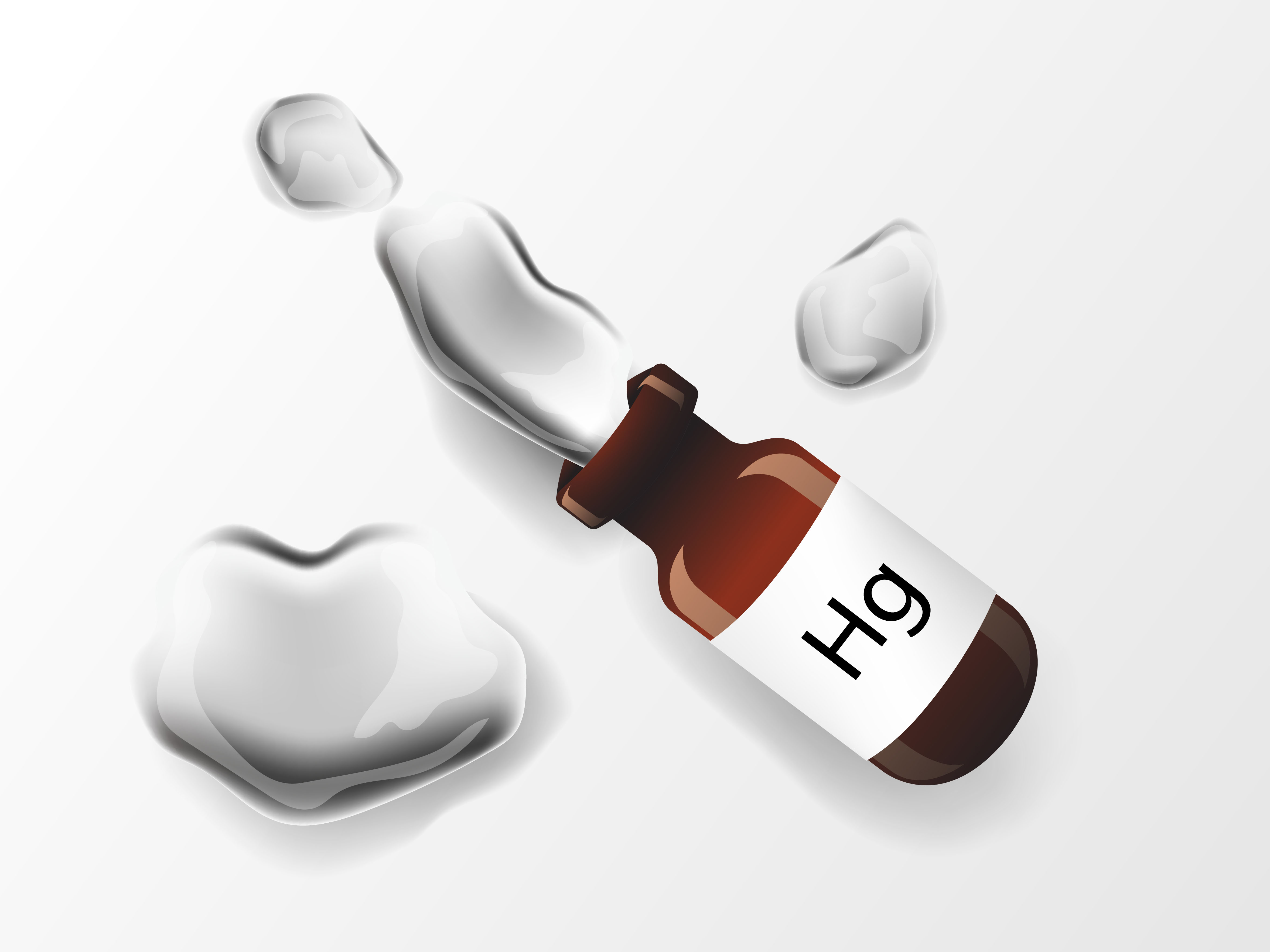Volume 112, Nº 4, April 2019
DOI: http://www.dx.doi.org/10.5935/abc.20180271
ORIGINAL ARTICLE
Effects of Chronic Exposure to Mercury on Angiotensin-Converting Enzyme Activity and Oxidative Stress in Normotensive and Hypertensive Rats
Dalton Valentim Vassallo
Maylla Ronacher Simões
Karina Giuberti
Bruna Fernandes Azevedo
Rogerio Faustino Ribeiro Junior
Mercedes Salaices
Ivanita Stefanon

Abstract
Background: Mercury’s deleterious effects are associated with increased cardiovascular risk.
Objective: To determine whether chronic exposure to inorganic mercury increases the activity of angiotensin-converting enzyme and its relationship with oxidative stress in several organs and tissues.
Methods: We studied male Wistar and spontaneously hypertensive rats (SHR) (3-month-old) exposed or not to HgCl2 for 30 days. At the end of treatment, we investigated the following: changes in body weight, hemodynamic parameters, angiotensin‑converting enzyme (ACE) activity and oxidative stress in the heart, aorta, lung, brain and kidney in hypertensive compared to normotensive animals. A value of p < 0.05 was considered significant.
Results: Chronic exposure to HgCl2 did not affect weight gain in either group. Systolic blood pressure, measured weekly, did not increase in Wistar rats but showed a small increase in SHR rats. We also observed increases in left ventricular end-diastolic pressure and ACE activity in the plasma and hearts of normotensive rats. In the SHR+Hg group, ACE activity increased in plasma but decreased in kidney, lung, heart, brain and aorta. Oxidative stress was assessed indirectly by malondialdehyde (MDA) production, which increased in Hg-treated rats in both plasma and heart. In the SHR+Hg group, MDA increased in heart and aorta and decreased in lungs and brain.
Conclusion: These results suggest that chronic exposure to inorganic mercury aggravates hypertension and produces more expressive changes in ACE activity and oxidative stress in SHRs. Such exposure affects the cardiovascular system, representing a risk factor for the development of cardiovascular disorders in normotensive rats and worsening of pre-existing risks for hypertension. (Arq Bras Cardiol. 2019; 112(4):374-380)
Keywords: Mercury Poisoning; Oxidative Stress/radiation effects; Peptidyl-Dipeptidase A; Hypertension; Rats.















